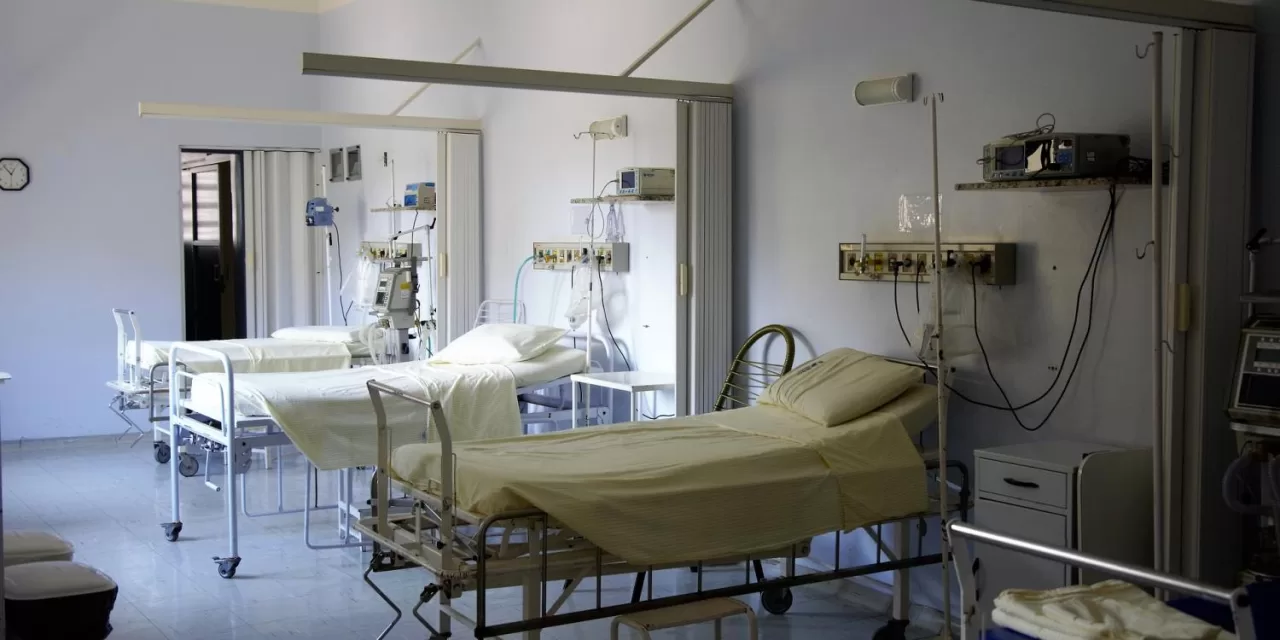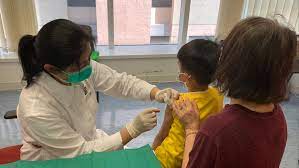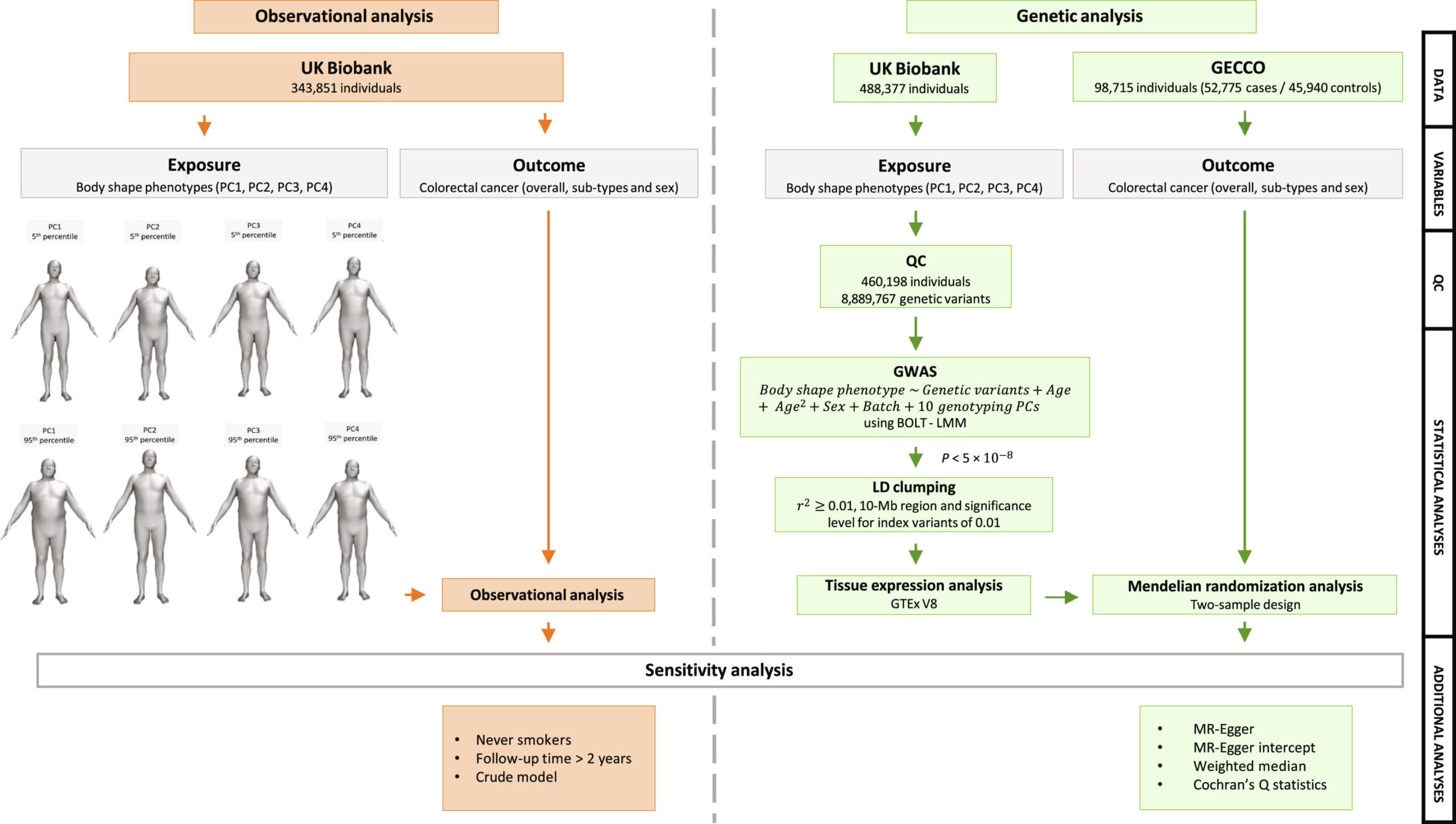In a significant move aimed at strengthening India’s medical device manufacturing sector, the Central Drugs Standard Control Organization (CDSCO) has issued a directive to stop the import of refurbished medical devices. The decision has been widely lauded by domestic manufacturers and industry experts, who see it as a step towards reducing the country’s dependency on imports and fostering self-reliance.
In a letter dated January 10, CDSCO instructed the Office of the Principal Commissioner of Customs to bar refurbished medical devices from entering the country. The letter cited the absence of specific provisions for regulating such devices under the Medical Devices Rules 2017 as the reason for prohibiting their import. “No license is issued for the import of such devices, and they cannot be imported for sale or distribution,” the CDSCO clarified.
Industry Applauds the Move
The Association of Indian Medical Device Industry (AiMeD) welcomed the decision, highlighting the detrimental impact refurbished imports had on domestic manufacturers. “At a time when the domestic industry is already grappling with negligible import tariffs of 0 to 7.5 per cent on medical devices, allowing the import of refurbished devices further acted as a deterrent to entrepreneurial spirits,” said Rajiv Nath, Forum Co-Ordinator at AiMeD. He called for raising import duties to 10-15 per cent to provide a level playing field for local manufacturers.
Dr. Sudhir Srivastava, former Chair of the Medical Device Committee at PHDCCI, hailed the decision as “a pivotal step towards reinforcing India’s self-reliance in medical technology.” He warned that allowing refurbished imports would have compromised healthcare quality, discouraged local innovation, and undermined the “Make in India” initiative. “By curbing refurbished imports, we protect the integrity of our medical ecosystem and send a strong message to global investors about India’s commitment to building a robust, indigenous medical device industry,” he added.
Addressing Challenges in the Sector
India currently meets nearly 70 per cent of its medical device requirements through imports, with pre-owned equipment accounting for about 60 per cent of the Rs 40,000 crore worth of medical electronics imported annually. This influx of unregulated refurbished devices had raised concerns about the quality of healthcare and the safety of patients.
AiMeD emphasized the need for multinational corporations to invest in India and manufacture high-tech equipment locally, following the successful examples of the mobile phone and automobile sectors. “We welcome MNCs to make high-technology equipment affordable to Indian patients. Healthy competition is always welcome,” Nath stated.
A Boost to Atma Nirbhar Bharat
The move aligns with the government’s Atma Nirbhar Bharat (self-reliant India) initiative, which encourages domestic manufacturing and innovation. Over recent months, domestic medical device manufacturers have been vocal about the challenges posed by refurbished imports, arguing that they undermine the competitiveness of locally manufactured devices.
Experts believe the ban on refurbished imports will safeguard healthcare innovation, protect patients’ well-being, and encourage more investments in research and development by Indian manufacturers.
With this decision, CDSCO has reaffirmed its commitment to ensuring the quality and safety of medical devices while promoting the growth of India’s indigenous medical device industry.












